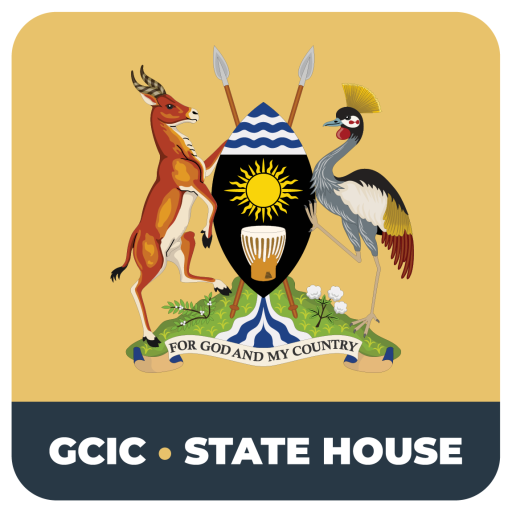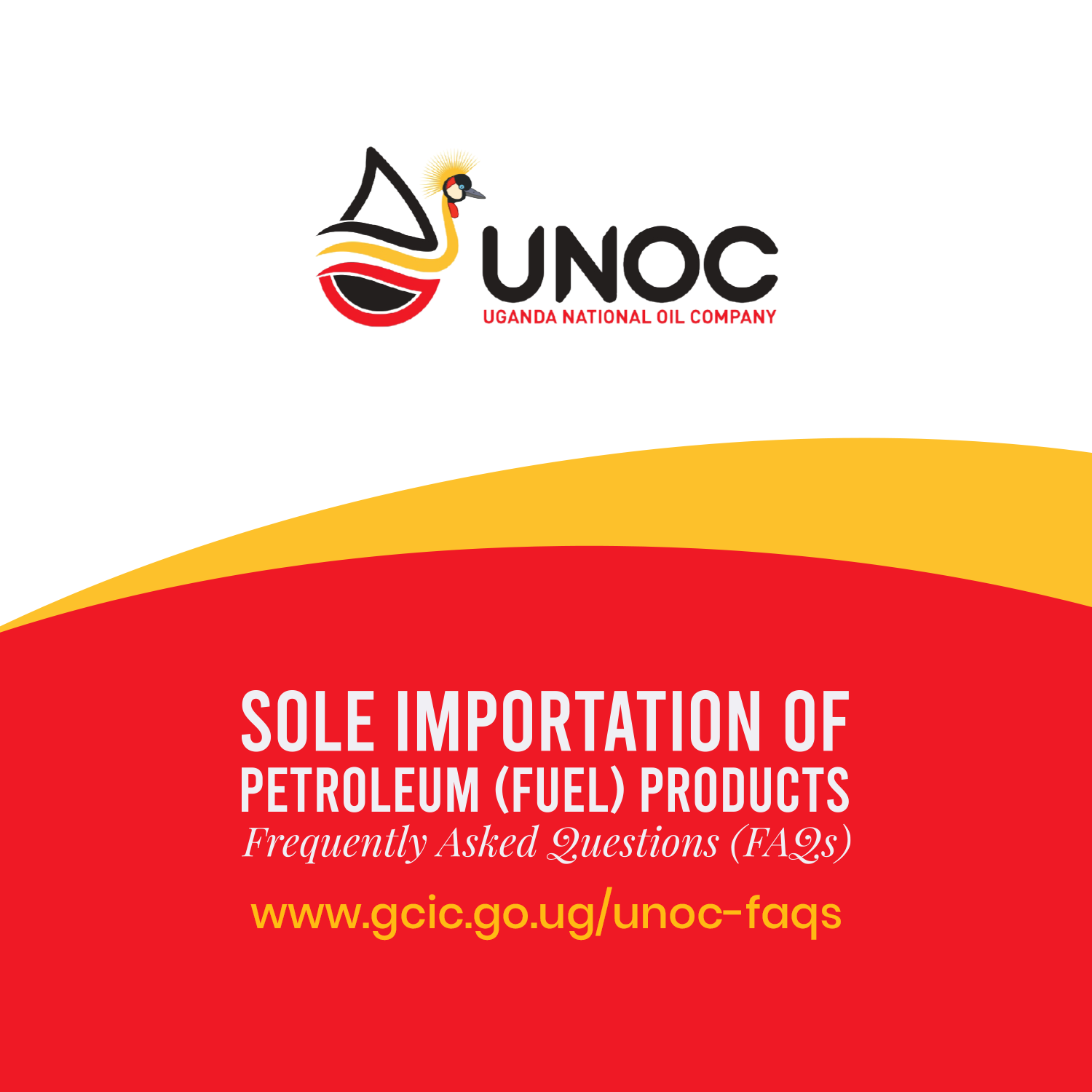The Parish Development Model (PDM) is a presidential initiative that is a multi-sectoral economic plan of action aimed at spurring social-economic transformation by moving more than 40% of households into a money economy using small units like parishes as focus points of development. The strategy focuses on eliminating the subsistence economy by ensuring an increase in production, processing, marketing, infrastructure development and service delivery at the grassroots level.
PDM was designed as a whole-government approach to social economic transformation in a consolidated and comprehensive manner in which data is gathered, financial services are provided, localised enterprises are selected, electricity and roads are improved and communities are mobilised for mindset change but most importantly, to deal with post-harvest losses and elimination of middlemen that eat into farmers earnings. The PDM is implemented along seven pillars which are; Agricultural Value- Chain Development [production , storage, processing, and marketing], Infrastructure and Economics services, Financial Inclusion, Social Services, Community Mobilisation and Mindset Change ,Parish-based Management Information system ,Governance and Administration.
But my focus is only on the first pillar of the PDM which is “Agricultural Value Chain Development” that encompasses; Production, Storage, Processing, and Marketing. It is in this pillar that most jobs are expected to be created, food security is enhanced and wealth is created at household level by boosting productivity through enhancing the entire agricultural value chain.
Under production, the government is tasked with provision of high-quality seeds and inputs to farmers, offering training and extension services that improve farming techniques and encouraging farmers to adopt modern farming methods and technologies that improve yields, protect the environment and makes farming pleasurable and economically rewarding.
The government is expected to develop in many cases and or improve in some cases the storage facilities at parish level, train farmers in post harvest handling techniques and promote the use of modern storage solutions to farmers so that the post harvest losses incurred are either reduced or eliminated completely. If well organised and coordinated, farmers at parish level can also share storage facilities for their produce, with each individual farmer given a store where to safely keep their harvest before sale.
In order to add value to agricultural products from farmers, government is expected to establish facilities that transform raw products into finished and consumable goods, encourage and enable small-scale parish based agro-processing enterprises and provide training in modern processing techniques and business management to farmers.
Marketing raises awareness of the availability of the products produced farmers to potential customers, it connects consumers to producers, in this case, farmers and the market. Under marketing function, the government will help farmers establish cooperatives and farmer associations in order to strengthen their bargaining power. The government will also improve infrastructure to ease transportation and promote digital platforms so that farmers access market information and transactions much faster.
Therefore, Pillar One as we have seen is very integral to the PDM’s broader objective of transforming Uganda’s rural economy by addressing key challenges in agriculture and enabling farmers to thrive. It empowers farmers economically by ensuring they can produce more, store efficiently, add value to their products and access profitable markets.
Enhancing the entire agricultural value chain helps Uganda achieve food security locally, nationally and regionally. Encouraging sustainable agricultural practices improves the livelihoods of rural communities, protects the environment and ensures sustainable economic development.





